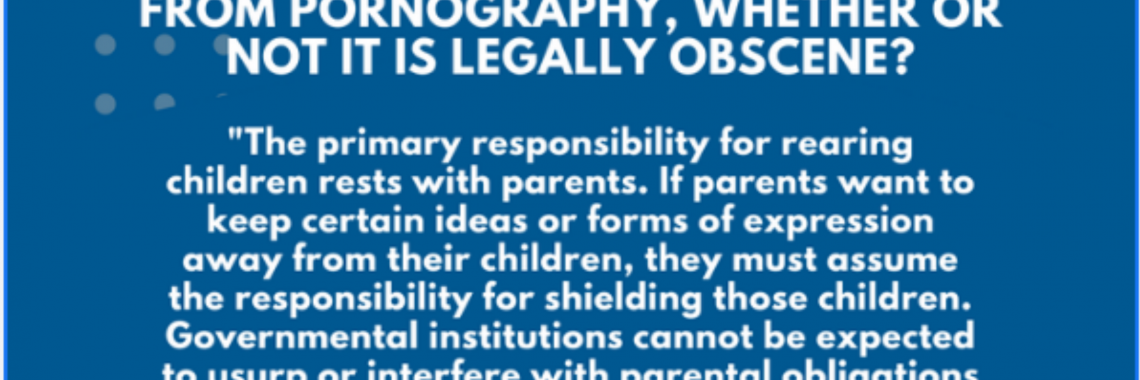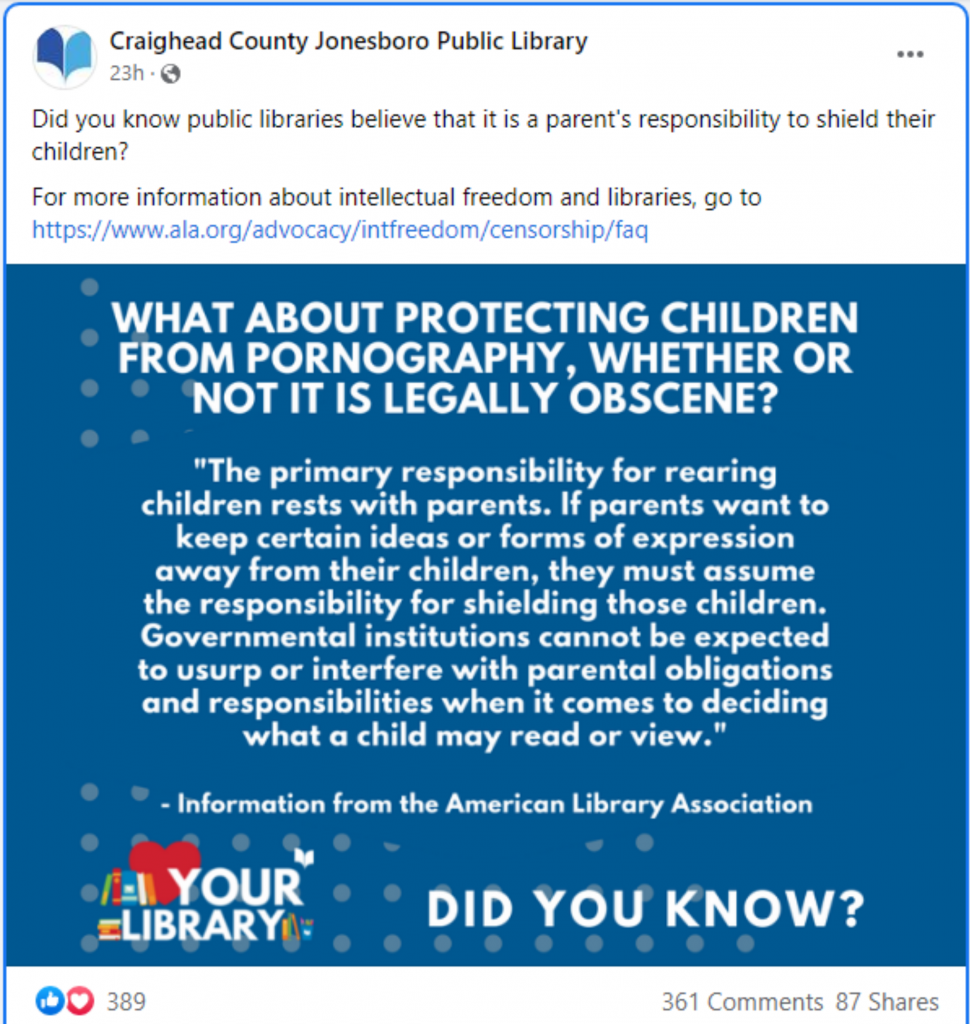The Satanic Temple Renews Legal Effort to Place Pro-Abortion Billboards in Arkansas

On Friday the Satanic Temple filed a federal lawsuit against Lamar Advertising in Arkansas’ Western District Court over a set of pro-abortion billboards that Lamar rejected in 2020.
This latest lawsuit appears to be a continuation of the Satanic Temple’s pro-abortion advocacy in Arkansas and other states.
In September of 2020 Lamar Advertising rejected four designs for billboards that claimed the Satanic Temple’s “religious abortion ritual averts many state restrictions” on abortion.
One of the proposed billboards claimed pregnancy complications are the sixth most common cause of death among women between the ages of 20 and 34, concluding that “abortions save lives.”
According to court documents filed on Friday, the Satanic Temple wanted to place the pro-abortion billboards near pregnancy resource centers in Fayetteville, Springdale, and Little Rock.
Lamar reportedly rejected the billboard designs for being “misleading and offensive.”
The Satanic Temple responded by filing a lawsuit against Lamar in state court in September of 2020.
After a few months of wrangling in state court, the attorney for the Satanic Temple dropped the lawsuit.
The Circuit Judge of Benton County granted the Satanic Temple’s request to dismiss the lawsuit without prejudice on February 26, 2021.
Dismissing the case without prejudice left the door open for the Satanic Temple to refile the lawsuit later.
Now it seems the Satanic Temple is renewing its legal efforts against Lamar Advertising — this time in federal court in Arkansas.
The federal lawsuit that the Satanic Temple filed on Friday rehashes many of the same points the organization made in its state lawsuit in 2020.
Among other things, the lawsuit argues that “[the Satanic Temple] holds the view that some abortion restrictions substantially interfere with its religious beliefs. Particularly, abortion restrictions . . . interfere with [the group’s tenets regarding] bodily autonomy and . . . [are] not grounded in science.”
The federal lawsuit appears to be in U.S. District Judge Timothy L. Brooks’ court. President Obama appointed Judge Brooks to the court in 2013.
It’s worth pointing out that the Satanic Temple is an atheist organization. The group has tried to persuade federal courts to recognize abortion as a religious ritual, but so far courts have not done so.
Unfortunately, the Satanic Temple has a history of stirring up controversy in Arkansas.
The group has opposed Arkansas’ monument honoring the Ten Commandments and is part of a lawsuit to have the monument removed from the capitol grounds.
In August of 2018 the Satanic Temple held a small protest in front of the State Capitol, and parked a flatbed trailer holding a 7½-foot statue of baphomet — a satanic figure — in front of the Capitol Building.
The Satanic Temple had previously threatened to put the baphomet monument on the capitol grounds itself. However, nothing ever came of the threat, because monuments require legislative approval.
It’s very telling that the Satanic Temple would want to put overtly pro-abortion billboards near pregnancy resource centers.
Pregnancy resource centers give women real options besides abortion.
Many of them provide everything from ultrasounds and pregnancy tests to maternity clothes and adoption referrals — typically free of charge. They often operate on very tight budgets, and they rely heavily on volunteers and donations.
Pregnancy resource centers play a vital role in the effort to end abortion in Arkansas.
The fact that any group would want to place pro-abortion billboards near pregnancy resource centers in Little Rock, Springdale, and Fayetteville speaks volumes about how effective these pro-life organizations really are.





